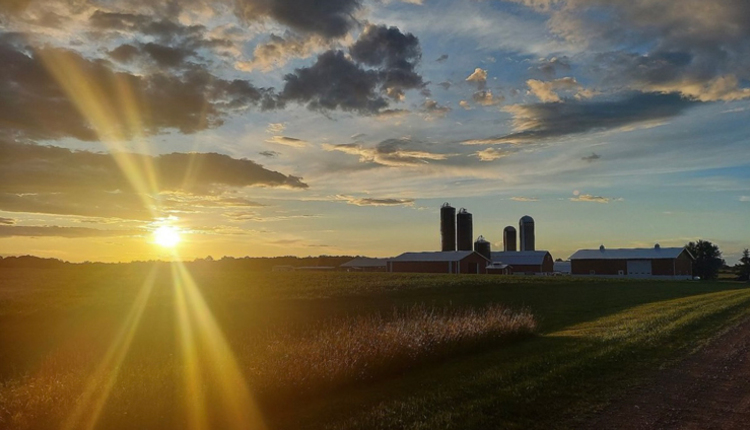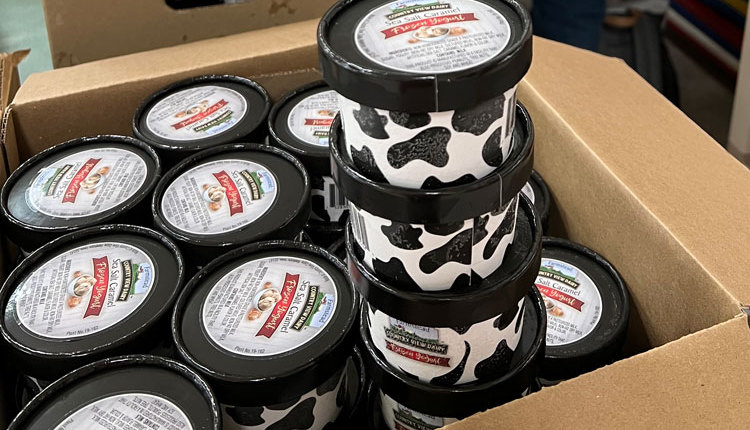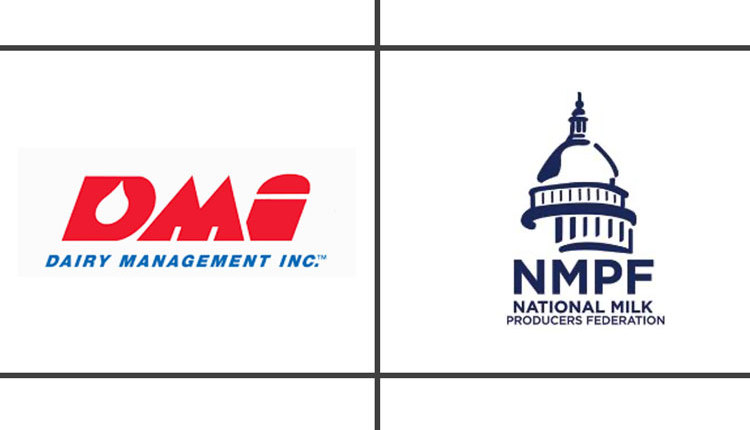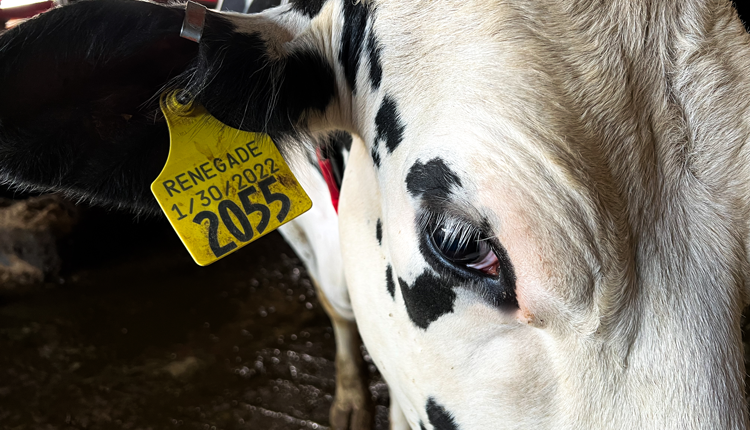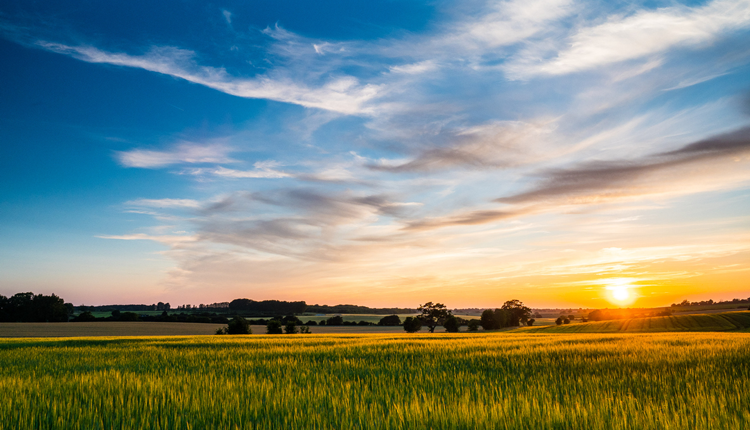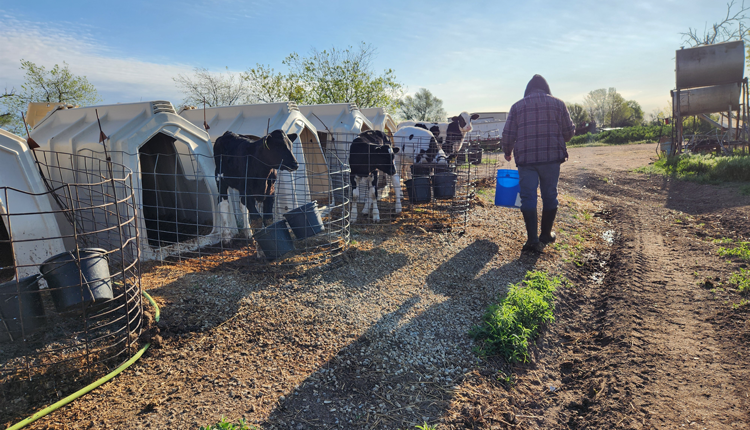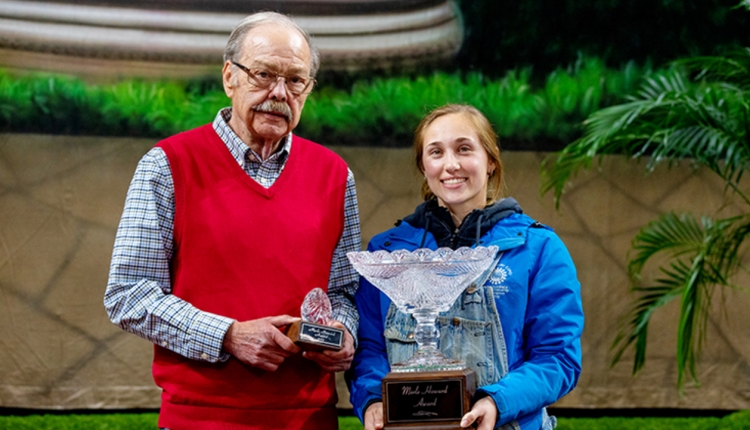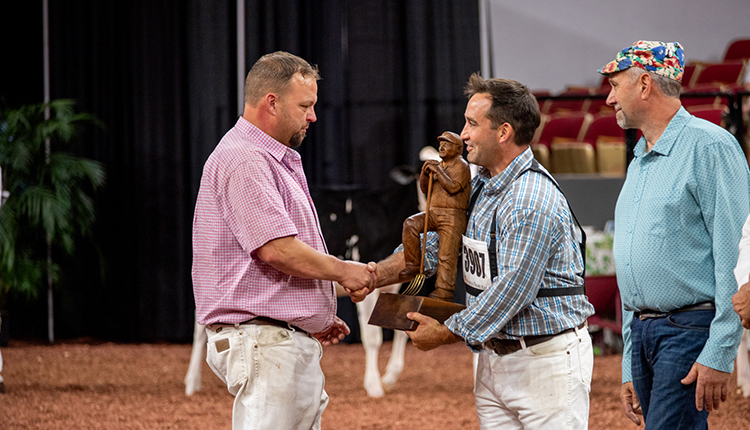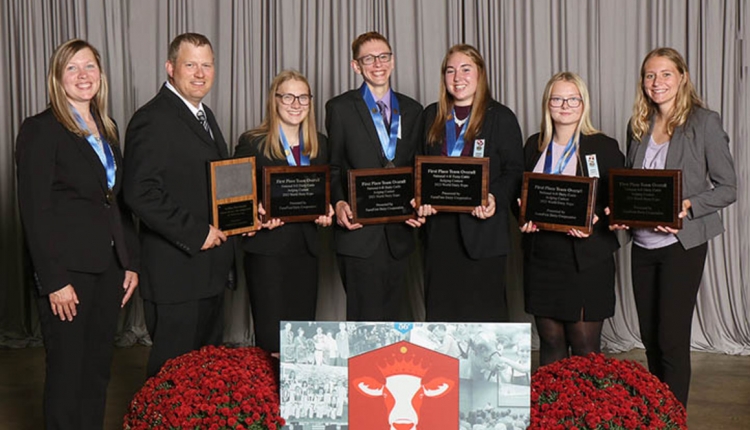Many of us in agriculture stay involved in local pro-agriculture organizations. While each has its political tilt or bias, I hope we can all agree that Farm Bureau does a great job promoting the national Food Checkout Week each year. This year, Food Checkout Week was February 19 to 25. The purpose of the week is to show that of all the money you make in a year, on average it only takes until mid-February to pay for a year's worth of food.
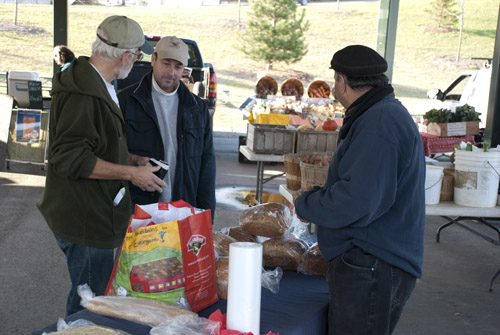
A month or two of income really pays for a whole year of fruits, veggies, meat, sweets, and, of course, dairy? It's true, and Farm Bureaus all over the country promote the week, including some that orchestrate giveaways to random grocery shoppers, allowing them to fill their carts to the max in a certain amount of seconds.
But what takes our money now?
So we're spending 1.5 months of our money on food. Are we doing better or worse than in the past? And what are we spending or saving the rest of our money on?
NPR recently showcased a great info-graphic comparing 2011 to 1949, in their article "What America Buys." It shows that in 1949, we spent 40 percent of our income on food, compared to 15 today. In that same time, we nearly doubled our spending on houses (the average house size has more than doubled, said the article). We've also more than doubled transportation spending as we moved from 3 vehicles per 10 people to 8 vehicles for 10 people.
While most in agriculture celebrate this triumph, some of us (and many outside of agriculture) question its "success." For example, every improved technology means less time per task, and more cows and acres per farm for the same amount of profit. Think of the money spent on general agriculture public relations campaigns in recent years. Those weren't happening in 1940.
It's a double-edged sword no doubt. But no matter your opinion on whether we need "slow-food" or "inexpensive food," farmers need to simply identify our markets and do our best to sell into them. A farm with no market is no longer a farm. And remember that agriculture, when it comes to occupations, is essentially off the map (here's another NPR info-graphic on where people work – agriculture is not mentioned).
That's why we need to continue telling the beginning of the story of food. Invite friends, neighbors, and co-workers to your farm this summer. It's 15 percent of their expenses, but 100 percent of your farm's income.

A month or two of income really pays for a whole year of fruits, veggies, meat, sweets, and, of course, dairy? It's true, and Farm Bureaus all over the country promote the week, including some that orchestrate giveaways to random grocery shoppers, allowing them to fill their carts to the max in a certain amount of seconds.
But what takes our money now?
So we're spending 1.5 months of our money on food. Are we doing better or worse than in the past? And what are we spending or saving the rest of our money on?
NPR
While most in agriculture celebrate this triumph, some of us (and many outside of agriculture) question its "success." For example, every improved technology means less time per task, and more cows and acres per farm for the same amount of profit. Think of the money spent on general agriculture public relations campaigns in recent years. Those weren't happening in 1940.
It's a double-edged sword no doubt. But no matter your opinion on whether we need "slow-food" or "inexpensive food," farmers need to simply identify our markets and do our best to sell into them. A farm with no market is no longer a farm. And remember that agriculture, when it comes to occupations, is essentially off the map (here's another NPR info-graphic on where people work – agriculture is not mentioned).
That's why we need to continue telling the beginning of the story of food. Invite friends, neighbors, and co-workers to your farm this summer. It's 15 percent of their expenses, but 100 percent of your farm's income.

